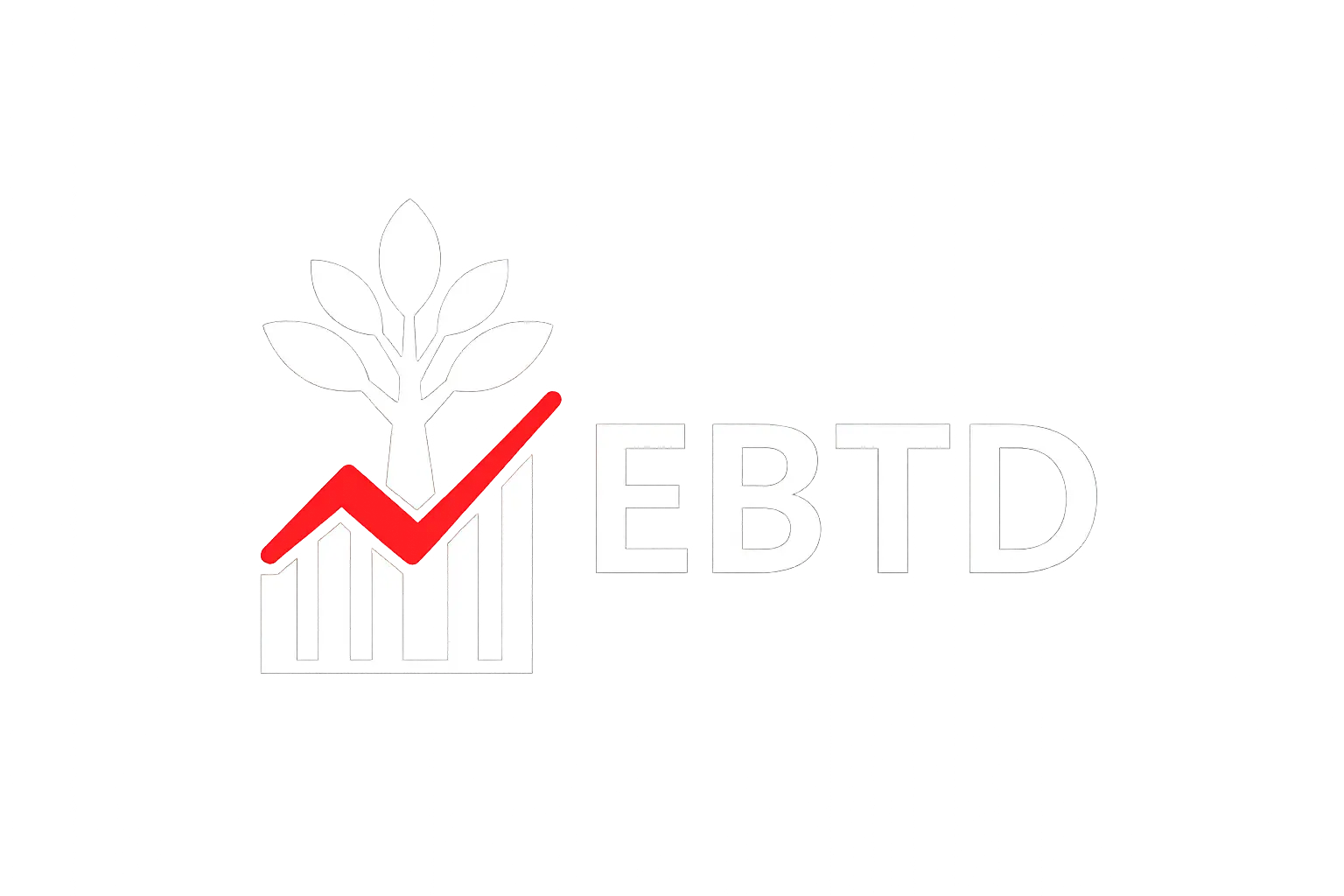Empowering Teachers, Inspiring Students: A New Era of Training
What if professional development wasn’t about chasing “perfect lessons” or sitting through one-off workshops that vanish from memory by Monday morning? What if it gave you the space, confidence and tools to change your practice — not in theory, but in reality?
This is what our new suite of six evidence-based courses delivers. Each one is rooted in the best global research, translated into practical, sustainable strategies you can take straight into the classroom. And when combined, they unlock the Integrated Teacher Development Award — a recognition that you’ve built a cohesive, research-driven approach across all the areas that matter most for teaching.
This is a new dawn in professional learning. Not about perfection. About empowerment. About impact.
The Six Courses
AI in Teaching: Harnessing Technology for Better Learning
Could AI free you from repetitive tasks so you can focus on pupils? This course shows how artificial intelligence and digital tools can reduce workload and personalise learning. A one-day workshop provides hands-on experience with AI for marking, resource generation and lesson planning, while the online component explores ethical guidelines and data-protection requirements. By the end you’ll confidently integrate AI into explanations, questioning and assessment, resulting in more personalised feedback and improved engagement.
Metacognition & Self-Regulated Learning: Empowering Independent Learners
Do your pupils know how to plan, monitor and reflect on their learning? Drawing on the EEF’s seven recommendations for metacognition, this course translates research into practical strategies that add up to seven months of additional progress. Through interactive workshops you’ll practice think-aloud modelling, planning frameworks and self-evaluation tools, then develop lesson plans that embed metacognitive talk across subjects. You’ll leave ready to teach metacognitive strategies explicitly so pupils become more independent, resilient learners.
Mind to Memory: Applying Cognitive Science in the Classroom
Why do pupils forget what we’ve taught them? This module unlocks the science of memory, exploring retrieval practice, spaced repetition and cognitive load theory. The workshop allows you to experience techniques like low-stakes quizzes and brain dumps, and the online component helps you design spaced-review schedules and interleave topics. Implementing these strategies strengthens neural connections and leads to better long-term retention.
Improving Behaviour: Building Positive Classrooms
Are your routines proactive in teaching learning behaviours, or do they only react to misbehaviour? Misbehaviour drains energy, but behaviour is more about relationships and routines than rules. This course, based on the EEF’s behaviour guidance, emphasises understanding pupils, teaching learning behaviours and creating consistent systems. You’ll examine six evidence-based recommendations — from meet-and-greet routines to the 5:1 positive-to-negative interaction ratio — and develop proactive routines and targeted interventions for pupils with additional needs. The result is calmer classrooms, reduced disruptions and improved engagement.
Effective Assessment & Feedback: Making Every Comment Count
Are your assessments aligned with what you want pupils to learn? This course demystifies assessment and feedback, showing how to align them with learning intentions and deliver comments pupils actually use. Through workshops you’ll clarify formative vs. summative assessment and explore six recommendations, such as delivering timely, forward-looking feedback and planning how pupils will act on it. The online learning helps you design rubrics, use digital tools and develop a school feedback policy that prioritises impact over workload. You’ll shift from marking for the sake of marking to assessing for learning, improving outcomes while protecting your time.
Curriculum Design: From Vision to Classroom Reality
Does your curriculum build connections that make remembering almost inevitable? This course guides you through designing or refining a coherent, knowledge-rich curriculum. You’ll learn to decide what and why based on your school’s aims, break knowledge down into clear sequences and build coherence across subjects to aid memory. The online component lets you write or refine curriculum documentation, sequence units for progression and align assessments and teaching via backward design. Intentional curriculum design ensures pupils encounter knowledge in a purposeful sequence, leading to sustained improvements in achievement.
The Integrated Teacher Development Award
Completing any one of these courses will transform an area of your practice. But completing all six unlocks something bigger: the Integrated Teacher Development Award.
This award recognises teachers who can integrate AI-powered teaching, metacognitive strategies, memory science, behaviour management, assessment and curriculum design into a cohesive, research-informed approach. It’s not an add-on. It’s a holistic pathway that helps you plan, teach and assess more effectively, raise pupil achievement, and lead evidence-informed change across your school.
A Programme That Respects Teachers
Great professional development should give teachers time back, not take it away. By focusing on high-leverage routines, shared resources and micro-coaching, this programme reduces workload and increases impact.
Teachers see mastery climb in a week, not a year. Coaching celebrates progress while targeting one small next step. Professional dialogue is built on real pupil work, not abstract best practice. And every strategy is judged not by how polished it looks in a demo, but by how it changes the experience of pupils in real classrooms.
A Call to Teachers
So, ask yourself: do you want another binder of “best practice” that gathers dust? Or do you want professional learning that actually empowers you, supports you, and inspires your pupils?
This is a new era of training. One that puts teachers at the centre. Because when teachers thrive, students do too.





